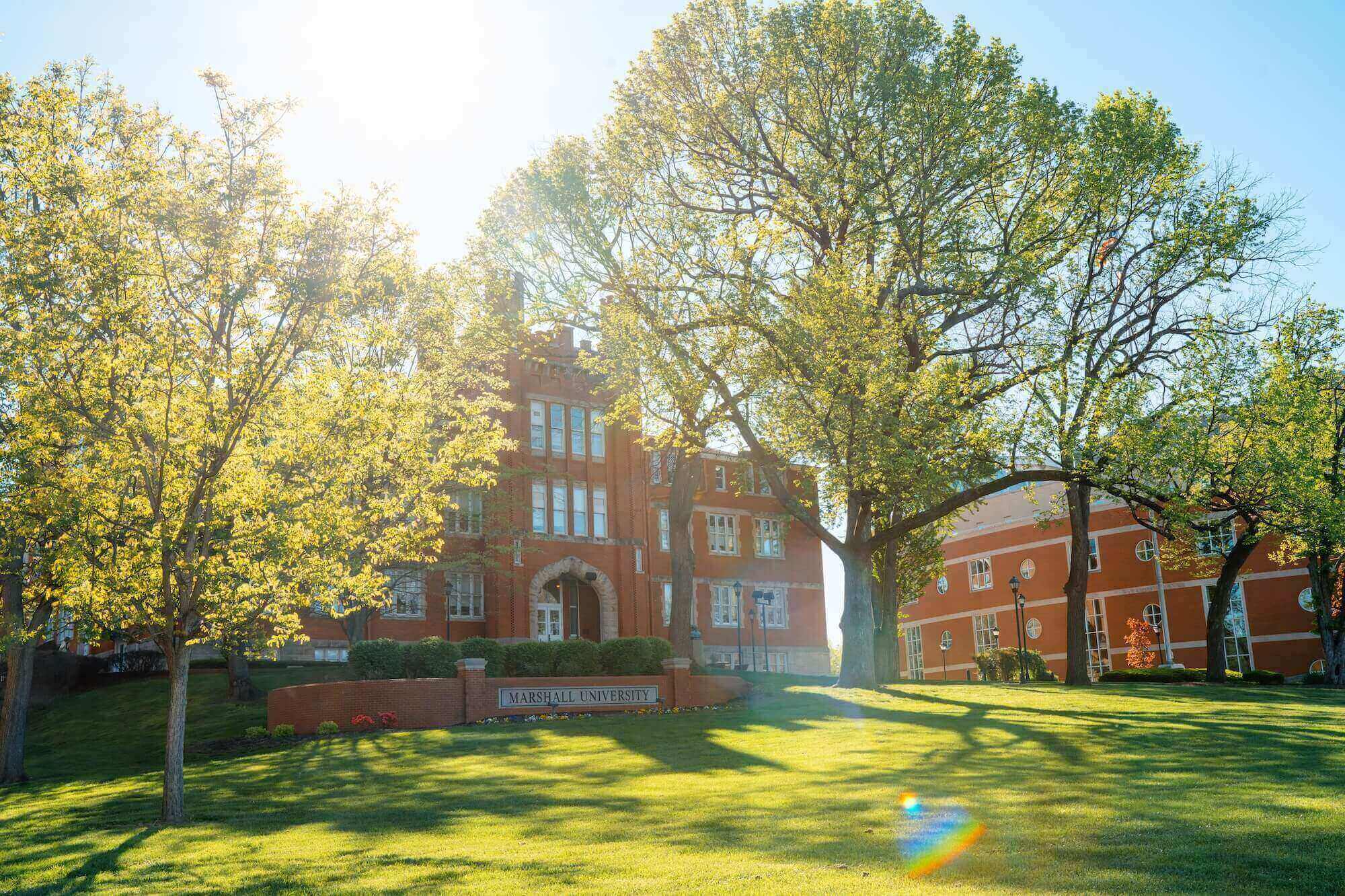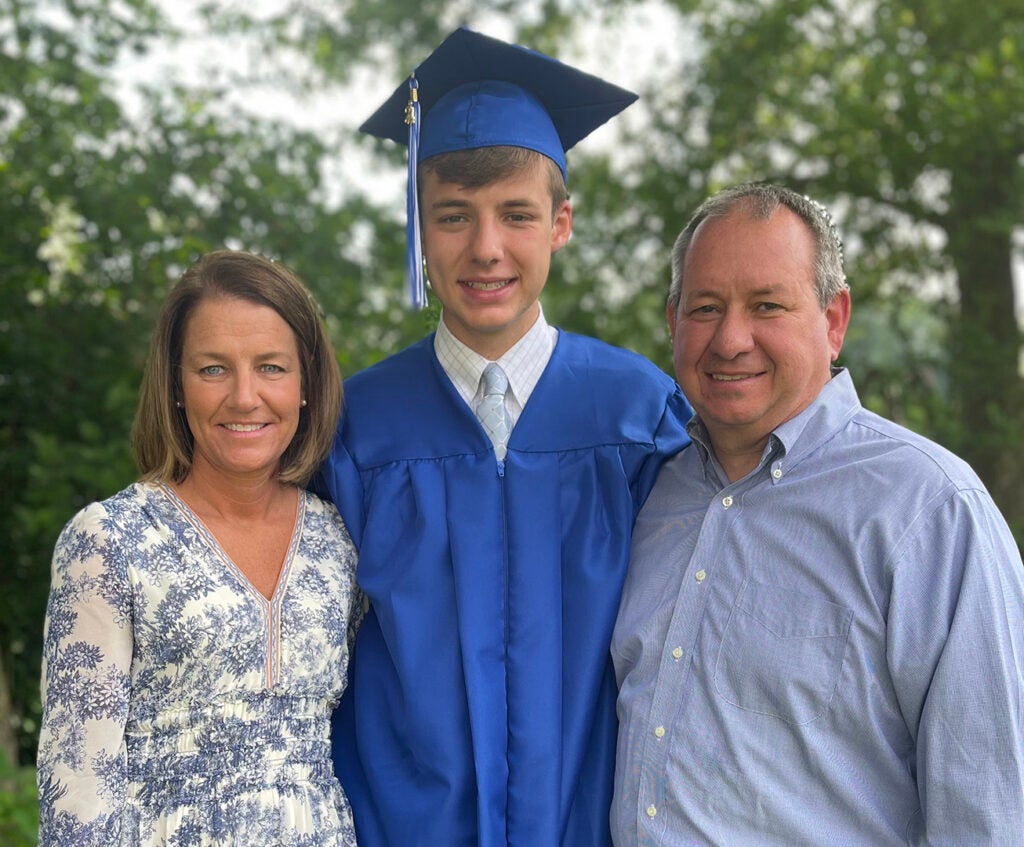Common Search Terms:

Marshall University News
What's happening at Marshall University
Recent Moments
 Replacing A Legend
Apr 2, 2025
Replacing A Legend
Apr 2, 2025
 Marshall’s expanded Metro Tuition Rate is opening doors for out-of-state students
Mar 11, 2025
Marshall’s expanded Metro Tuition Rate is opening doors for out-of-state students
Mar 11, 2025
 Dual Credit programs give high school students a head start
Feb 17, 2025
Dual Credit programs give high school students a head start
Feb 17, 2025
 A Marshall trio
Feb 17, 2025
A Marshall trio
Feb 17, 2025
 Big Success from Small Creatures
Feb 10, 2025
Big Success from Small Creatures
Feb 10, 2025
 Inspiring change in Appalachia
Jan 16, 2025
Inspiring change in Appalachia
Jan 16, 2025
 Marshall alum’s film wins best narrative feature at Montana festival
Dec 8, 2024
Marshall alum’s film wins best narrative feature at Montana festival
Dec 8, 2024
Upcoming Events
Exploring Space: Student-Led Space Research in West Virginia
April 14
Dear Evan Hansen
April 14
Students
Jazz II Concert
April 14
Tech Connect: Adobe Acrobat AI Assistant
April 15
Students
Open Enrollment Benefits Town Hall Session
April 15
Graduate Student Showcase Recital
April 15
Marshall University Baseball vs West Virginia
April 15
Paint & Plant
April 15
Students
Hiring for Your Grant-Funded Project Training
April 16
Marshall Rec Recruitment Fair
April 16
Students
Recent News Releases
Marshall BOG approves budget and tuition rates
April 9, 2025
Marshall announces spring commencement speaker
April 8, 2025
Featured Videos



More News
College of Arts and Media
College of Business
Marshall welcomes Harvard Business School students
October 15, 2024
Tricia Ball returns to Marshall to lead the iCenter
October 2, 2024
Eng named interim dean of the Lewis College of Business
July 11, 2024
College of Education and Professional Development
Iconic West Virginia schoolhouse named to National Schoolhouse Register
February 24, 2025
Tickets on sale for seventh annual TEDxMarshallU event
December 18, 2024
College of Engineering and Computer Sciences
Marshall University to host 5th annual Cyber Safety Summit on Nov. 20
November 18, 2024
MU Cyber Team places eighth in Emagine The Future cyber competition
November 6, 2024
College of Health Professions
Marshall University receives gift for renovations to Gullickson Hall
October 10, 2024
College of Liberal Arts
College of Science
Marshall University maintains Carnegie Research 2 ranking
February 24, 2025
Marshall celebrates excellence in grantsmanship and grant growth
February 4, 2025



